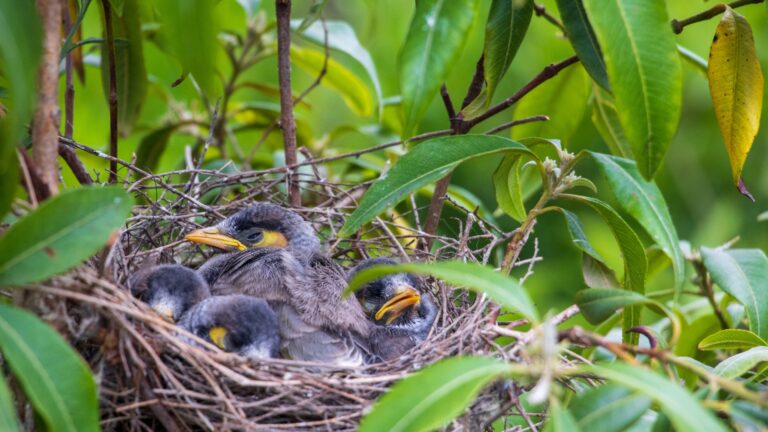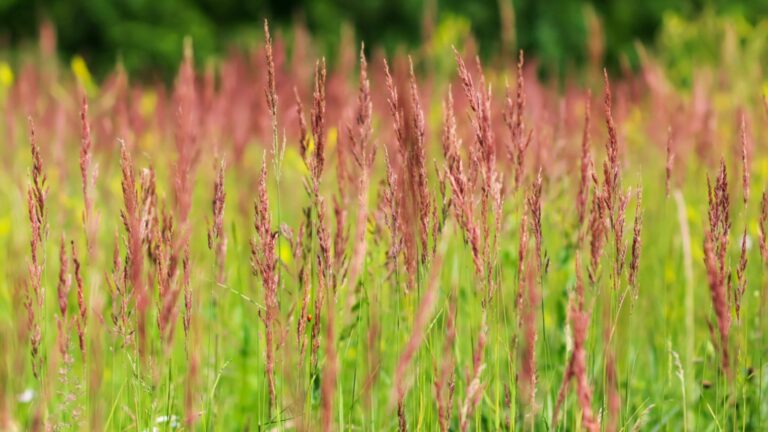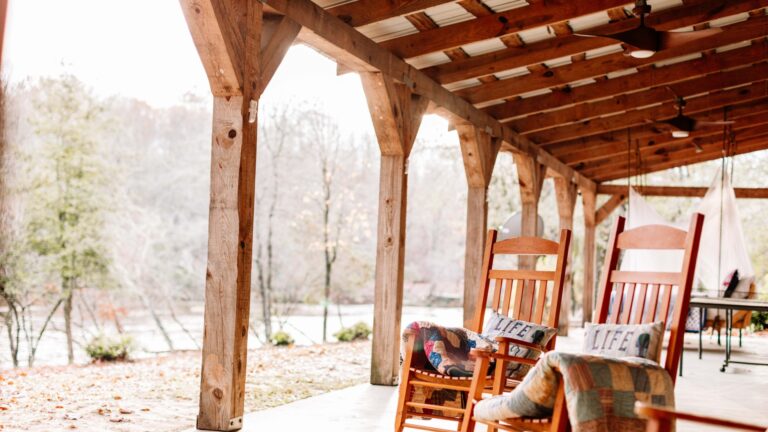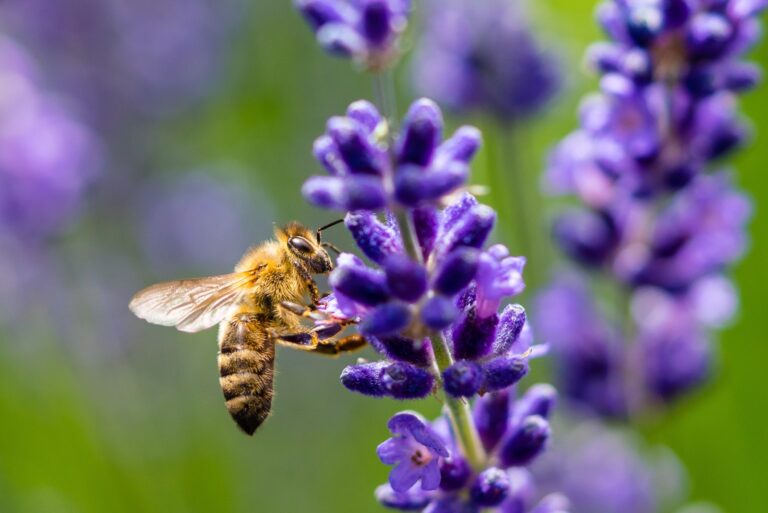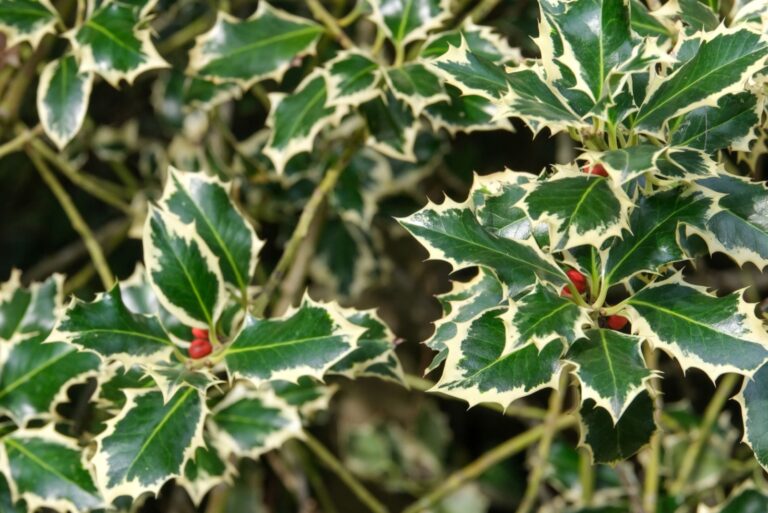What Neighbor Yard Waste Could Mean For Your Mississippi Lawn
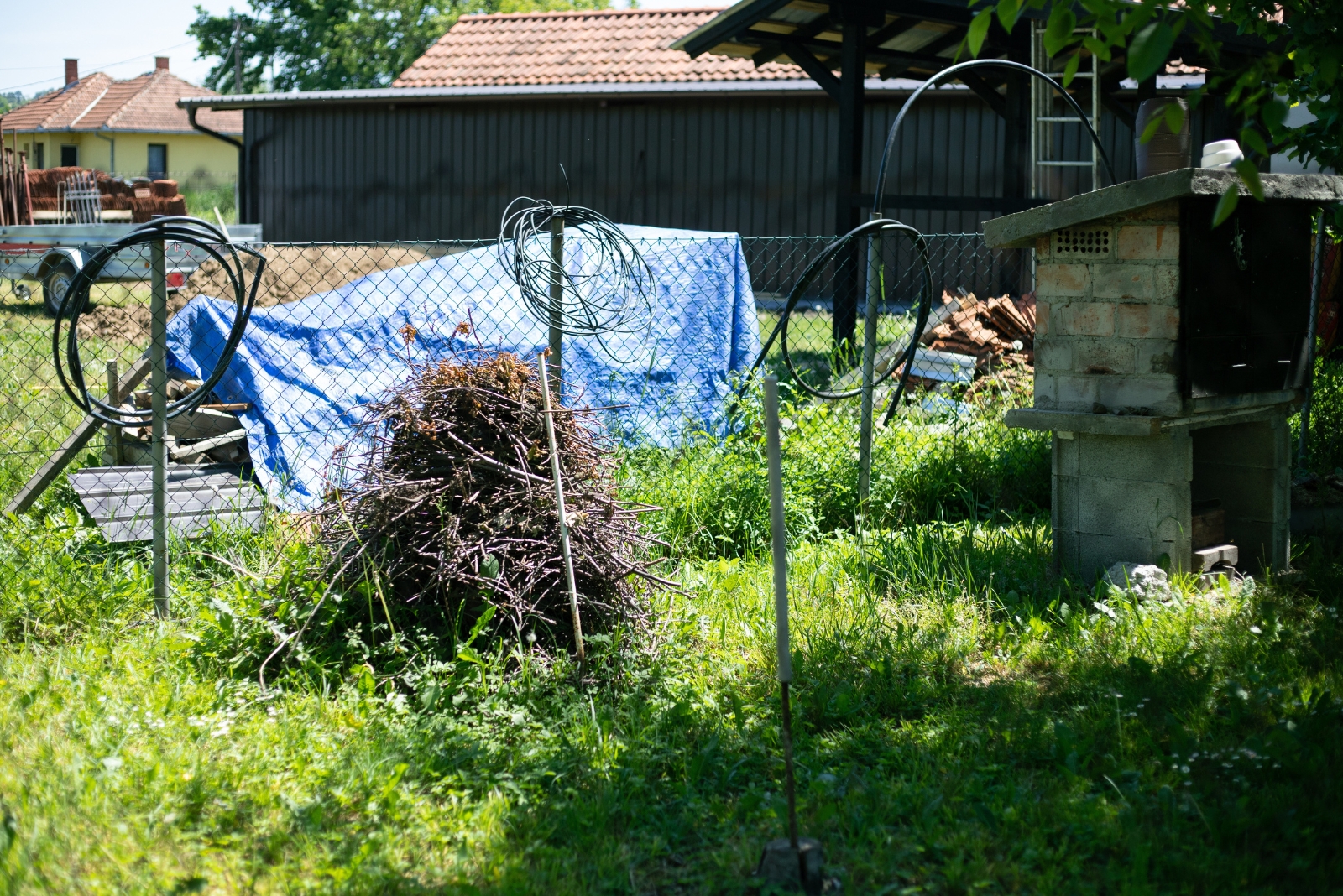
Mississippi lawns can react in unexpected ways when a neighbor’s yard waste starts blowing over the property line. I’ve dealt with random piles landing on my own grass, and the results weren’t always pretty.
Some materials cause more trouble than you’d expect. Knowing the impact can spare you a lot of frustration.
1. Weed Seeds Spreading Everywhere
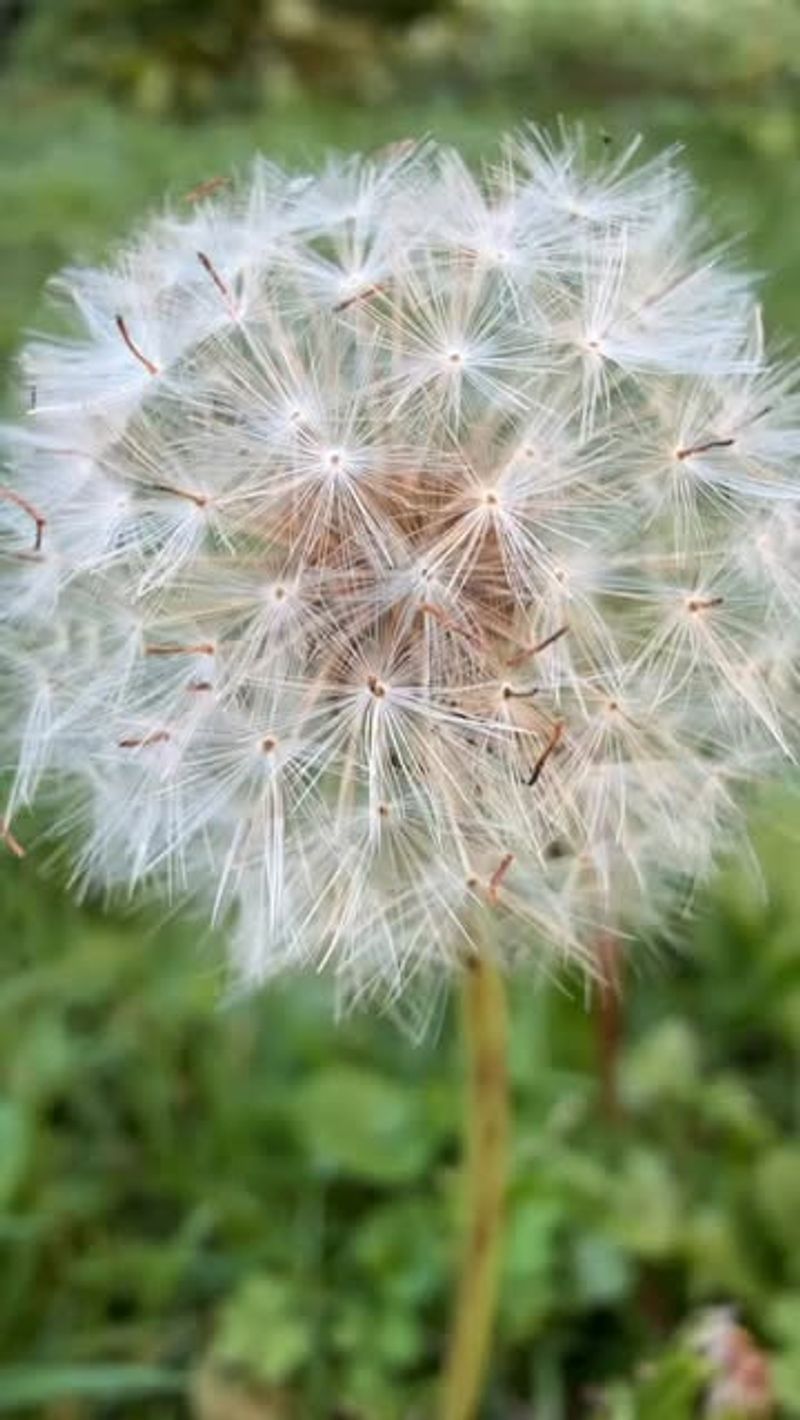
Wind carries dandelion fluff, crabgrass seeds, and other weed invaders straight from your neighbor’s pile into your Mississippi turf. Once these seeds land, they sprout quickly in our warm, humid climate.
Pulling weeds becomes a never-ending chore when fresh seeds keep arriving. Your lawn loses its thick, green appearance as unwanted plants take over bare spots.
Consider installing a simple fence or hedge barrier along your property line to block airborne seeds and maintain your yard’s health.
2. Fungal Diseases Crossing Property Lines

Moldy leaves and rotting grass clippings in yard waste create perfect conditions for fungal spores to develop and travel. Mississippi’s humidity makes lawns especially vulnerable to brown patch, dollar spot, and other lawn diseases.
Spores drift through the air or wash across during heavy rains, infecting healthy grass in your yard. Brown circles and dead patches appear seemingly overnight, requiring expensive treatments.
Rake up debris near your border regularly and improve air circulation by trimming low branches to reduce moisture and fungal growth.
3. Pest Infestations Moving In

Piles of decaying leaves and grass become cozy homes for chinch bugs, grubs, fire ants, and other lawn-damaging insects. These critters multiply quickly in Mississippi’s warm weather and look for fresh grass to munch on.
Your lawn becomes the next buffet when pests outgrow their original habitat. Yellow patches appear where insects feed on grass roots and stems, weakening your turf.
Apply preventive pest treatments during spring and fall, and talk with your neighbor about proper yard waste disposal to reduce breeding grounds.
4. Nutrient Imbalance in Your Soil

Decomposing yard waste releases nitrogen and other nutrients, but not always where you want them. Runoff from a neighbor’s compost pile can wash excess nutrients into your Mississippi lawn, creating uneven growth patterns.
Some areas become super green and grow too fast, while others stay pale and weak. This imbalance makes mowing difficult and creates an unsightly patchwork appearance.
Test your soil annually and adjust fertilizer applications based on results to counteract unwanted nutrient changes from neighboring properties.
5. Drainage Problems Developing
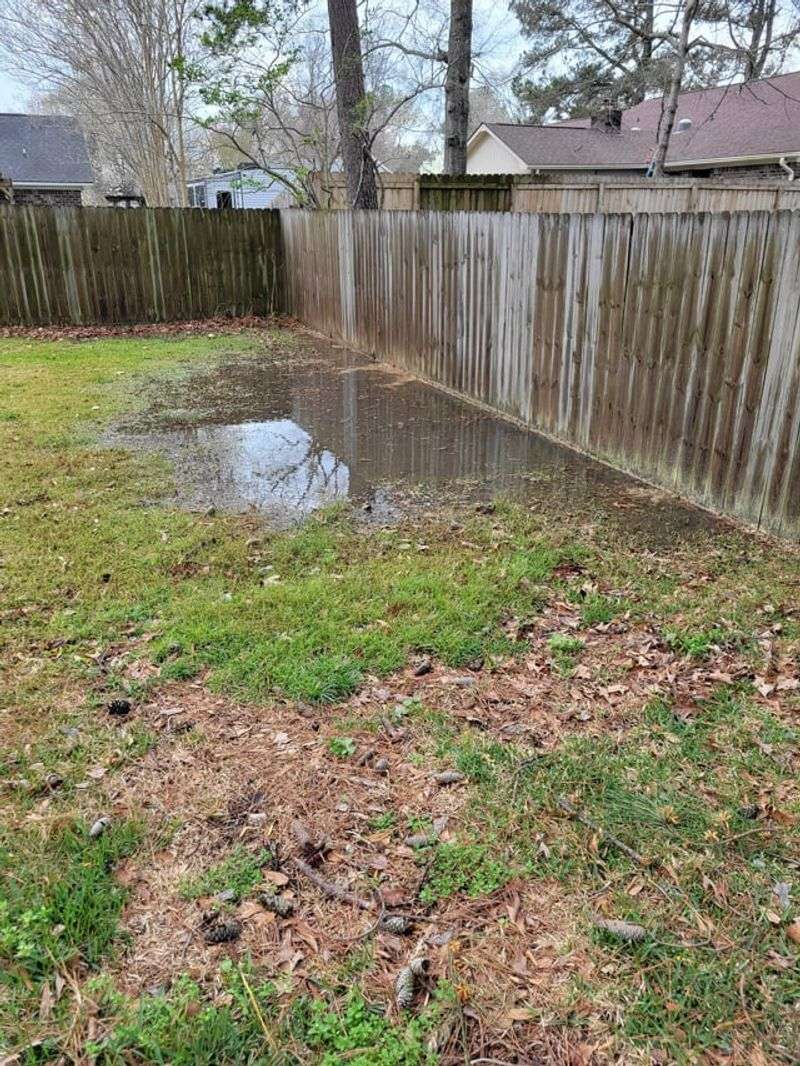
Large piles of yard waste against shared fences or property lines can block natural water flow during Mississippi’s frequent thunderstorms. Water backs up and floods into your yard instead of draining properly.
Standing water drowns grass roots, creates muddy spots, and attracts mosquitoes. Your lawn develops soggy areas that never seem to dry out, even on sunny days.
Check drainage patterns after heavy rains and consider adding a small swale or French drain along your border to redirect excess water away from problem areas.
6. Rodents and Wildlife Attracted

Mice, rats, voles, and rabbits love burrowing in yard waste piles for shelter and warmth. Once they settle in next door, these animals venture into your Mississippi lawn searching for food and additional nesting materials.
Small mammals dig holes, chew grass roots, and leave unsightly tunnels across your yard. Their droppings can also spread diseases and create unpleasant odors around your outdoor living spaces.
Keep your grass trimmed short, remove food sources like fallen fruit, and seal gaps under sheds to make your property less appealing to wandering wildlife.
7. Unsightly Debris Blowing Over

Strong winds and summer storms in Mississippi easily scatter leaves, sticks, grass clippings, and trash from your neighbor’s yard waste into your carefully maintained lawn. Constant cleanup becomes frustrating and time-consuming.
Debris smothers grass underneath, creating dead spots and making your yard look messy even right after you finish yard work. Visitors notice the untidy appearance despite your best efforts.
Politely discuss the issue with your neighbor and suggest securing loose materials with tarps or moving piles farther from the property line for everyone’s benefit.

